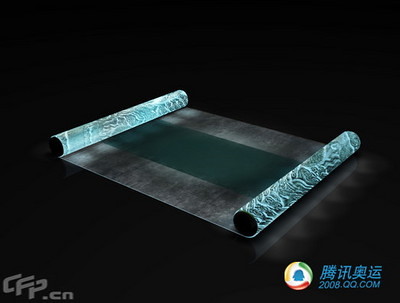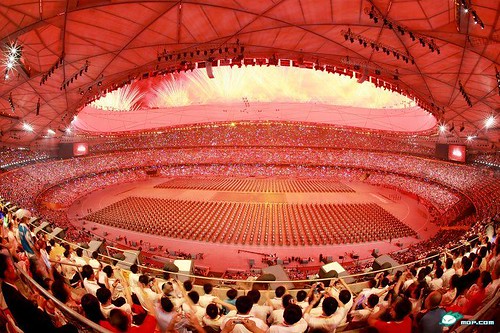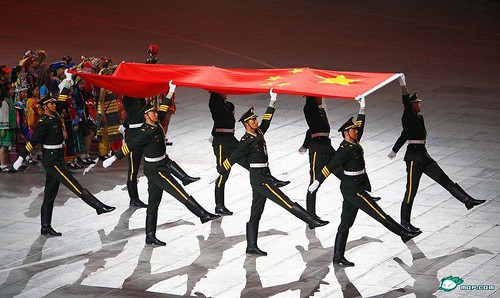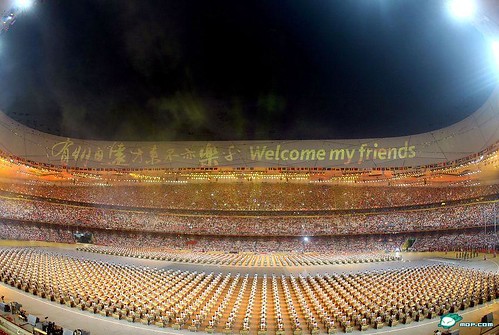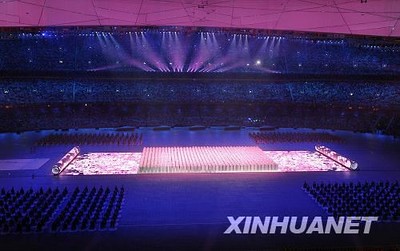Five things that unified telecom operators should do
Operators play a very important role in the mobile communication and service industry. Sometimes operators even act like supervisors. In order to ensure a bright future of China's MID and 3G industry, I think all the unified operators in China should do five things well:
1 making high-quality and low-radiation communication networks available everywhere (for voice services);
2 making stable fixed and wireless broadband network available everywhere (for data services);
3 removing the differentiation among different terminals to provide a better user experience;
4 creating a good environment for third-party application software to be developed; and
5 providing unified bills, convenient billing channels and 24-hour customer services.
l Making high-quality and low-radiation communication networks available everywhere (for voice services)
This point is easy to understand. Although we need communication services anytime anywhere, and China Mobile and China Unicom's service coverage is very big, it is still necessary to maintain a "green" telecom industry. That's why CDMA became the 3G technology since CDMA is much more environmental than GSM.
l Making stable fixed and wireless broadband available everywhere (for data services)
It sounds easy, but due to the competition among different standards on spectrum and the lack in marketization, wireless broadband is still not popular. Even in big cities like Shanghai and Beijing, Wi-Fi coverage is only to be seen in some cafes. While WiMax, the technology Intel prefers, is too risky for operators to use because governments have not shown their clear attitudes on it. Even in the USA, a relatively more open telecom market, CEO of SpringNextel had to resign partly because he wrongly chose the WiMax and caused loss for the company. Broadband on 3G network also didn't benefit us at all before the Olympic Games. Although it's getting clearer for the 3G license release in China, and TD-SCDMA has been "supported" by China Mobile, the most powerful operator in China, its commercial prospect is still pessimistic, at least, during the commercial trial, TD-SCDMA's performance is not good enough. Fortunately, Chinese government regards 3G as a political task, and demanded China Mobile develop 100 million TD-SCDMA users in three years. The future of TD-SCDMA might seem a little better.
We hope that in the near future, some operators can let people experience the broadband services everywhere, no matter it is Wi-Fi/WiMax/MESH, WCDMA/HSDPA, or CDMA2000/EV-DO they will use. The broadband services are very important for the whole telecom industry's prosperity.
l Removing the differentiation among different terminals to provide a better user experience
Differentiation on communication terminals limits the development of the whole industry in some extent. The co-existence of handset platforms caused inconvenience.
We have high-end OS from Windows Mobile, Symbian S60, Symbian S90, UIQ, Linux, Palm, Blackberry and iPhone for smartphones. We also have lower-end handset platforms from MTK, Spreadtrum, NXP, Infineon, TI, Qualcomm for low-end phones. All the platforms provide totally different user experience, and all the platforms are not compatible with others. In order to let companies develop applications on low-end handsets, there comes intermediate software like Kjava and VRE. All these caused problems for people when downloading third party software applications:
1 where to download?
2 how to download?
3 which version to choose?
4 how to install?
5 how to operate (since different platforms provide different operation habits)?
6 how to uninstall?
Operators should have a preferred OS or intermediate software for handset users to find, download, install, use and uninstall third party applications in the operators' own application "portals" in order to bring up a unified using habit in its subscribers. There will be only three operators in the future, compared with so many different OS and intermediate software, my suggestion will simplify the whole industry a lot. Besides, operators have the total control when they buy handsets from handset companies, and they can demand companies to install their preferred software in the handsets.
l Creating a good environment for third-party application software to develop
The co-existence of different platforms also caused trouble for third party to develop application software. The companies have to invest huge amount of money and energy to develop different software for thousands of different terminals. That's probably why some small software developers have no choice but to develop software based on the most popular OS, Symbian S60.
But with operators' own preferred OS or intermediate software, and matching applications from CPs and application processors (APs), developers can develop only once, and operators can help the software marketing and publishing.
The preferred OS or intermediate software can work just like China Mobile's Baibaoxiang 2.0. As we all know, Baibaoxiang 1.0, China Mobile's existing application portal, can provide application software download, but users have to close the portal when installing the software. Application portal like Baibaoxiang 2.0 means users can install software with the portal open. Baibaoxiang is based on Java, but application platforms like VRE are based on C Language. Software based on C Language is more efficient than Kjava. It's more convenient and more economic.
One thing to keep in mind is that terminals not only refer to handsets, but also IPTV set-top boxes and MIDs.
l Providing unified bills, convenient billing channels and 24-hour customer services
Billing system is another advantage of operators. In the future, subscribers will of course wish to combine their fixed-line phone fees, mobile phone fees, IPTV fees and many other fees into one bill. Besides, 24-hour customer services are also important. Although most services are provided by CPs and APs, people can hardly remember all their service line numbers. People prefer to call the operators, so if operators can take the responsibilities of APs and CPs and combine all the service numbers into its own service number, that will be good for the whole industry, as long as all the APs and CPs have been proved qualified by operators.
Another key point is that the lack of billing systems for CPs and APs is just the reason why Chinese Internet users grew up the bad habit for only free services, which limited the further development of the Internet industry in China. So in mobile Internet era, operators should take on the responsibility to collect fees for CPs and APs.
In one word, I think that besides the network construction and services providing, operators should take more and be much more like leaders in the industry, just like Apple, Google, Microsoft and Nokia. They should create a better environment and encourage innovation of application software developers. In my opinion, if a platform like Google Android is run by telecom operators, it's much more likely for it to success.



